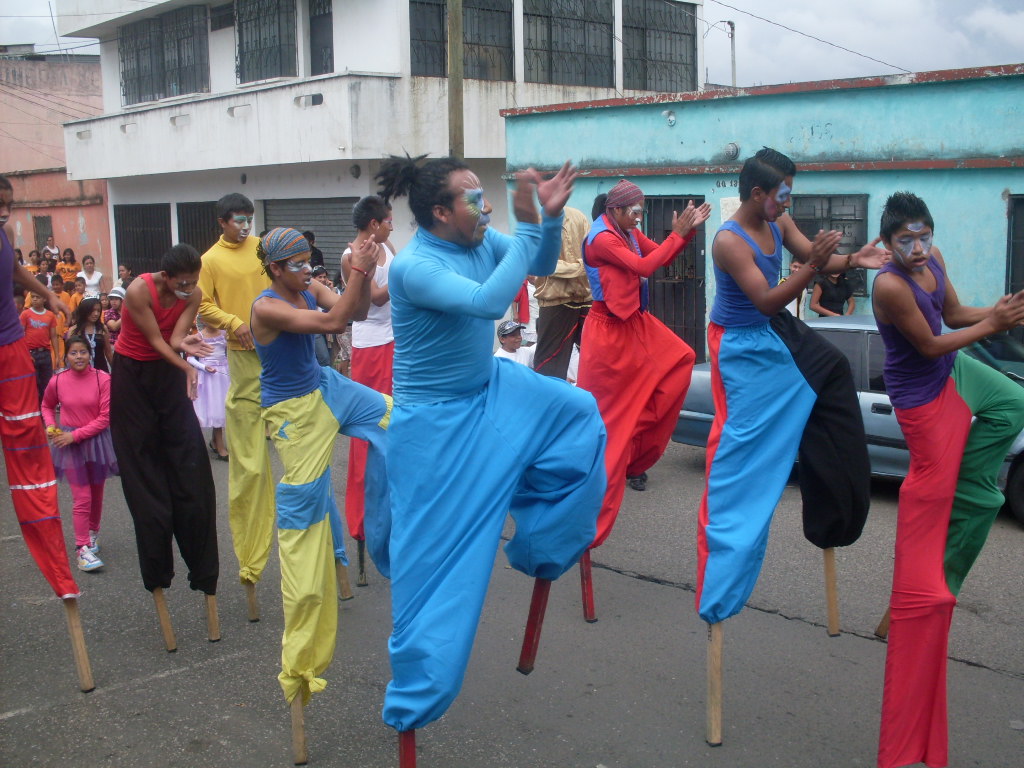Peace among us - A population-based study about resilience for peace in Guatemala
Twenty years after the signing of the peace accords between the State of Guatemala and the National Revolutionary Unity of Guatemala (URNG) in 1996, Guatemala remains confronted to poverty, exclusion, violence and other conflicts and social issues. These are both roots and consequences of social and political polarization, lack of confidence in and legitimacy of public institutions and political leadership, and weakening of the social fabric. After twenty years of peacebuilding efforts, the need remains to better understand, assess and ultimately leverage the positive assets and attributes of individuals, communities, and institutions in the country.
This report represents the findings from a nationwide survey on resilience for peace that the Harvard Humanitarian Initiative (HHI), in collaboration with Interpeace’s Guatemala Regional Office, have undertaken in the context of Frameworks for Assessing Resilience Programme. It seeks to contribute to the understanding of what makes Guatemalans able to anticipate risk, resolve conflicts collaboratively, and respond creatively to crisis – what we call resilience for peace.
The report has been authored by Phuong N. Pham and Patrick T. Vinck of HHI.
The results of the survey can also be viewed through an interactive map.
























